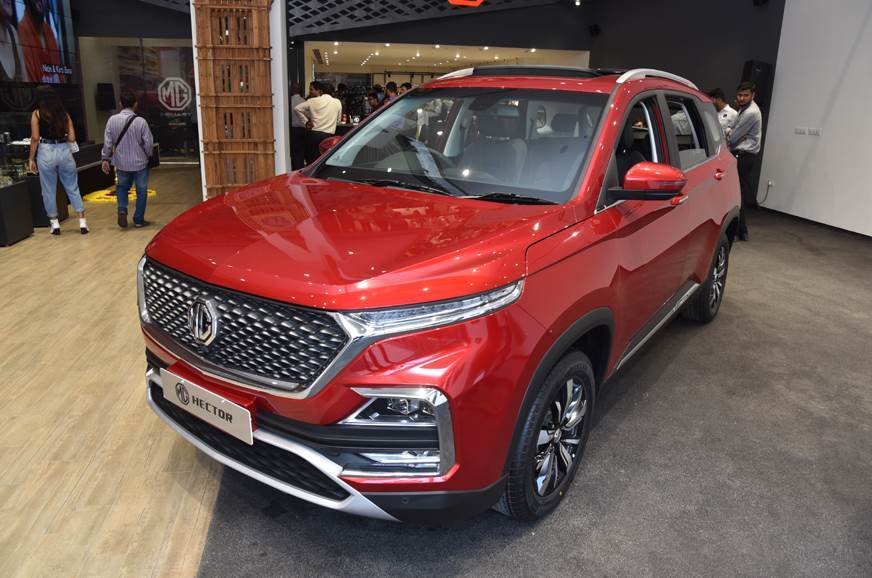Audi, the Volkswagen (VW) Group's premium brand, will launch its first full-electric model, the E-Tron, in India late next year. The electric mobility play for VW is likely to stay exclusively in the premium space for some time.
The German carmaker doesn't see business viability for electric vehicles (EVs) in the volume segment – primarily due to high battery costs and secondly, due to a lack of clarity "on what the government intends doing". Gurpratap Boparai, chief of Volkswagen India says, "Right now, the economics of electrics work for premium cars, and not for everyday cars. Those just do not work. In Europe also, everyone is trying to make the economics work. But it's really tough."
Volkswagen has an "open mind" as far as electric mobility go. According to Boparai, the Group plans to launch models from all brands in the EV space and will evaluate when is the right time to bring any of them of them to India. He also adds, however, that in India an electric car's CO2 footprint is "no less" than that of a BS-VI car since fossil fuel is a major source of electricity generation in India – also because EV batteries have to be imported, Boparai sees CNG as "an excellent option" for a country like India.
"Maybe CNG makes more sense if we can get a network in. Let's not forget if we get electrics, the batteries are going to come from China. We may be assembling the batteries here but the cells will still be imported. We may be reducing our oil import bill but we may end up increasing other import bill," says Boparai. Incidentally, at the SIAM annual convention this year, Union Petroleum and Natural Gas minister Dharmendra Pradhan announced the set-up of 10,000 CNG stations due to be set-up in India over the next 10 years. It won't be surprising to see Volkswagen introducing its 1-litre TGI engine in India.
In the conventional vehicle space, Boparai and team are busy at work to action the India 2.0 project. There's a strong focus on being more competitive than ever before. For example, the Skoda-led plan will see the new models with localisation level of 95 percent within six months of launch. That's much more than the maximum level of 76 percent that some Volkswagen models have reached years after their launch. The first model under the India 2.0 project will be launched in 2021. It will be an SUV wearing the Skoda badge. The SUV will be shared with Volkswagen. Boparai says that it will be more than just badge engineering. The SUV will be followed by a sedan, which again will be sold under both brands.
The overall investment figure of Rs 7,900 crore may see a downward revision as the company is trying to achieve all the stated targets under India 2.0 at a lesser cost. With more competitive products, to be launched first in India, and a wider presence Volkswagen and Skoda jointly is aiming at a "realistic" market share target of 5 percent by 2025.
Also see:
Volkswagen group to introduce four new models under India 2.0 project
NGT: VW’s use of ‘defeat device’ infers violation of environment laws
Volkswagen confirms joint development with Ford
Skoda confirms new SUV for India
from Autocar India https://ift.tt/2Sjuk8f
via IFTTT

No comments:
Post a Comment